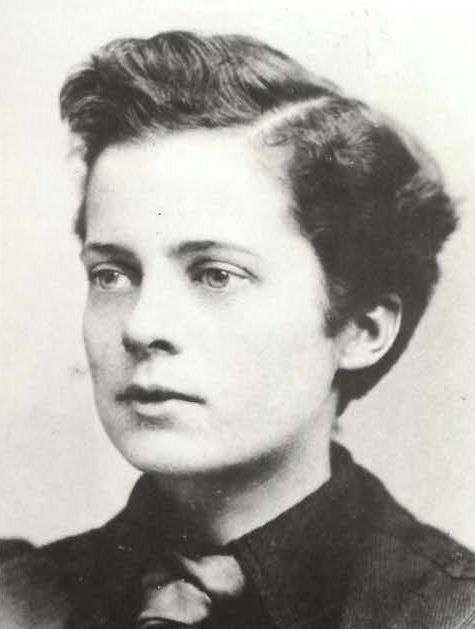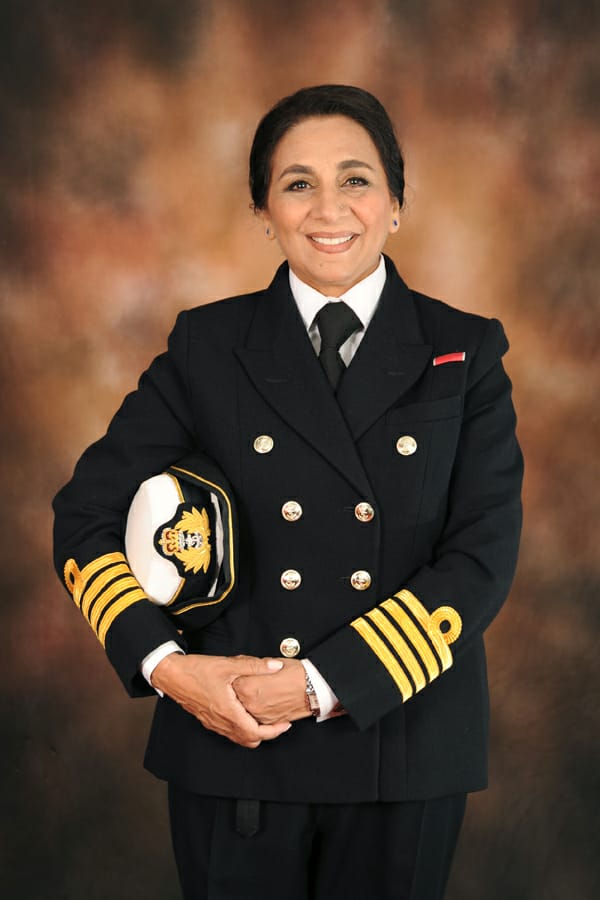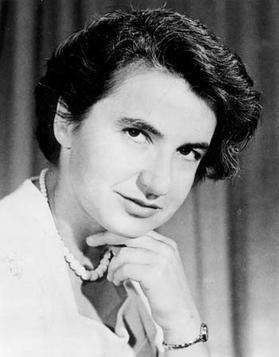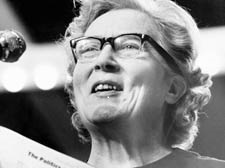To commemorate the College’s bicentenary in 2023, we’re showcasing 200 ‘Birkbeck Effects’ which capture the incredible stories of our vibrant and diverse community, highlighting their achievements and impact on the world.
Edith Lanchester was a socialist campaigner and a strong feminist voice in women’s history, born into a wealthy middle-class family, but insistent on challenging many of the oppressive elements of her time.
She was educated at home and at the then Birkbeck Institute in science subjects, with her family intending for her to become a teacher. However, at 24 she fell in love with a working-class clerk, James Sullivan, announcing that she would move in with him.
Her parents accused “The Birkbeck” as well as membership of the Socialist Democratic Federation for having “unhinged her mind”; and when she argued that marriage would take away her independence, her father and brothers had her committed to the Priory insane asylum.
Her local MP, John Burns, secured her release after four days and the whole affair became a scandal, sparking debates about the state of marriage in society. Her false detention reinforced her views and Lanchester remained a prominent warrior for women’s rights and freedoms: she waved the suffragette’s green, white, and purple flag in Trafalgar Square and was even imprisoned for her role in a protest.





